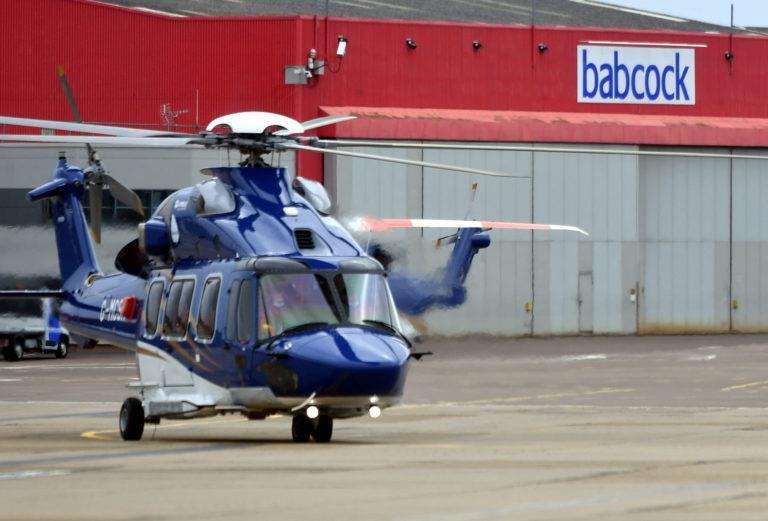
CHC has told competition authorities that its takeover target of Babcock Aviation is “not a particularly serious competitive threat” to the company.
The Competition and Markets Authority (CMA) referred the takeover to an in-depth investigation in November, raising concerns that the loss of one of the four North Sea helicopter operators could reduce competition, producing higher prices and lower-quality services.
In a lengthy response to the CMA, CHC highlighted that “extremely challenging” market conditions would prevail even without Babcock, which would have exited the market even without the takeover and is not one of the “real competitors” to CHC.
The return to three operators “characterised the industry for 30 years”, prior to the introduction of Belgium’s NHV to the UK market in 2016, it said.
Meanwhile, through the takeover, CHC said it is “removing the weakest competitor from that market, a competitor which has not been bidding for contracts frequently over the last 18 months, and which in the absence of the merger, would in any event have exited the market”.
US-headquartered CHC cited former Babcock Group CEO Archie Bethel as describing the helicopter business as a “nightmare”, while confirming its intent to exit the sector.
CHC’s response also cited the growing competition threat from NHV, with its introduction of the H175 challenging prices for the traditional S-92 helicopter model, and described the potential for new market entrants like helicopter firms Belair and Westar, or unmanned aviation firm Unifly as “demonstrably real and not theoretical”.
Ultimately, CHC said there would not be a substantial lessening of competition from the takeover.
It said that it is “concerned that the CMA’s competitive assessment has largely been conducted in a vacuum”, not recognising the specific circumstances of the UK helicopter market.
The merger “takes place in the context of an extremely challenging market which has gone through a prolonged downturn, in which demand has significantly declined, leaving an over-supply of helicopters and in which the customers exercise substantial leverage over the operators”, it added.
The current Phase 2 investigation, launched by the CMA in November, typically lasts around 24 weeks.
This stage allows the CMA to take action such as imposing remedies by order (if not able to agree them with the business) or prohibit the merger outright.
Babcock employs around 500 people in its helicopter business, with its primary base in Aberdeen, while CHC’s Aberdeen business covers around 300 people.
